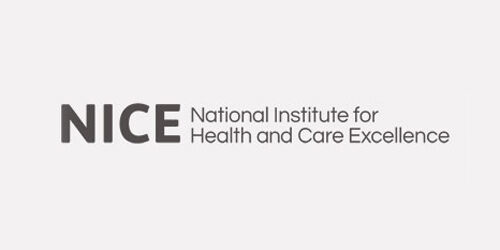Nice, the National Institute for Health and Care Excellence, has recommended the use of ribociclib, also known as Kisqali for routine use by the NHS in England and Wales, after it was originally made available through the Cancer Drugs Fund. Their draft guidance recommends ribociclib plus fulvestrant as an option for treating hormone receptor-positive, human epidermal growth factor receptor 2 (HER2)-negative, locally advanced or metastatic breast cancer. The combination is recommended for adults who have had previous endocrine therapy and where exemestane plus everolimus is the most appropriate alternative treatment. Ribociclib is to be taken once a day as a pill and is a type of drug called a cyclin-dependent kinase 4 and 6 (CDK4/6) inhibitor. These work by inhibiting proteins in cancer cells, and so prevent the cells from dividing and growing. It is believed that the different side effects of each of the CDK4/6 inhibitors, which are generally less toxic than the combination of exemestane and everolimus, mean that people would like to have a range of treatment options available to them. Subject to appeal, NICE’s final guidance will be published in March 2021.
Category: News






